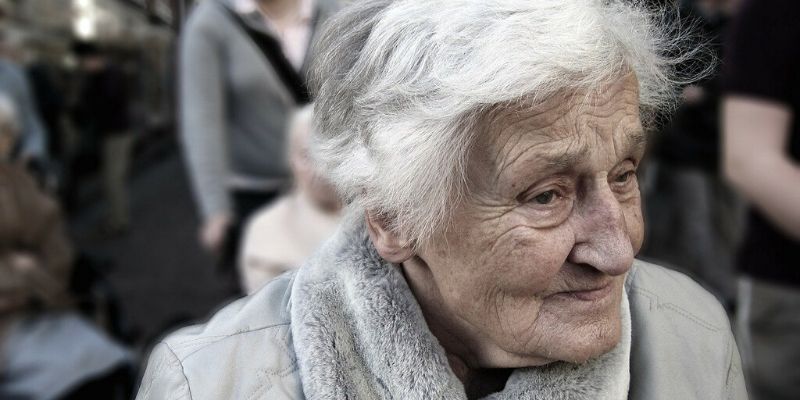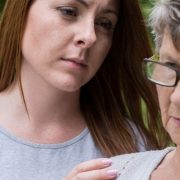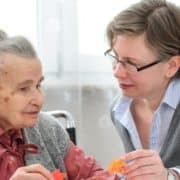What should you tell your private live-in carer?
Finding a private live-in carer can be a daunting task. Phrase “live-in carer wanted” is searched very often by concerned family members. Proving the best possible care for your loved one is the most important. Unfortunately navigating the subject of elderly care would be difficult for most of us.
A live-in carer can enable your loved one to continue living safely in the familiar surroundings. However keep in mind, that you are about to bring new person into elders life. In order to make the transition as smooth as possible you can provide caregiver with some information.
Responsibilities of a private live-in carer
Before typing into google phrase “private live-in carer needed” it is worth finding out what do live-in caregivers do. Most importantly this type of eldercare will allow your loved one to live independently even when their health deteriorates. The scope of duties depends solely on the level of assistance your loved one requires.
However, there are some daily responsibilities that will be required regardless. The most important and valued the highest amongst seniors is emotional support. That includes companionship and encouraging different types of activities.
When hiring private live-in carer you can expect that they will take care of household duties (meal preparation, housekeeping and animal care). Senior live-in caregiver will also make sure, that pills are taken in right dosage at the right time of the day.
What kind of information your private live-in carer needs?
Health problems and concerns
Staggering majority of elders have health problems. They can vary from minor heart conditions to dementia or Alzheimer’s disease, that often make it impossible to live independently. Hence disclosing all of the seniors illnesses and conditions is of the utmost importance. It will not only allow carer to know the level of assistance that will be required, but also give him the opportunity to prepare beforehand.
Senior carers often are expected to help with medication – they will make sure that pills are taken in right dosage at the right time of the day. Therefore, your loved one medication regimen is also a crucial information.
Senior with dementia will require special care tailored to their needs. One of the many symptoms that may manifest itself are behavioural changes e.g. agitation and aggression. It is important to know how to keep the Elders calm. As a family member you can share with carer some tips and tricks on how to soothe your loved one.
Habits and dietary restrictions
It has been proven that elders (especially those suffering from dementia) feel best in familiar surroundings and disrupting their daily routine can cause stress and anxiety. That’s why newly hired private live-in carer has to know daily and weekly schedule. Nap time, TV time and meal time – that info will be more that useful.
Disclosing elders favourite pastime is also a good idea. Mental and physical activities will improve senior well-being as well as stimulate their brain in memory – which is especially important at old age.
One of the most important duties of private live-in carer will be meal preparations. Tell them about the dietary restrictions your loved one has. To make the transition easier you can also provide caregiver with the information concerning elders favourite dishes, products or even give them recipes.
What does your private live-in carer need before moving in?
If you are a private client looking for live-in carers, it is not uncommon to wonder how to prepare for their arrival. A caregiver who moves in into patients home needs their own private space. Most of the families will prepare the spare bedroom, but dining room, living room or study can be adapted to for the task as well.
Make sure that the space is clean, the bed is equipped with fresh linens and some storage space is provided. WiFi would be useful as your carer is separated from family and needs to keep in touch.
The carer needs functional and accessible bathroom facilities. Other specific requirements will be disclosed during the recruitment process and initial telephone conversation with your future carer.





















